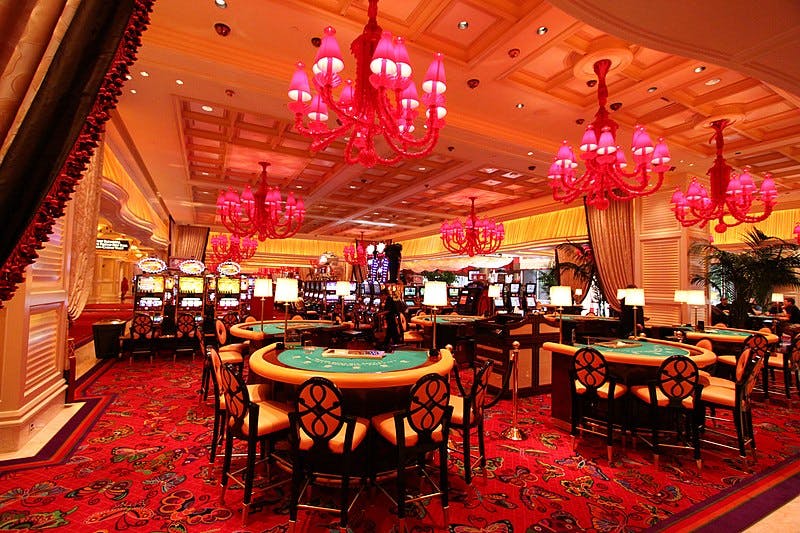Casinos are a Losing Bet for New York City
A Gotham welcome to casino gambling would be like waving a white flag in the struggle to reinvigorate the city’s economy.

Governor Hochul and those promoting the idea of permitting a casino to open in Times Square would be well-advised to take heed of the company they think New York City should keep. Cities with downtown casinos include Cleveland, Cincinnati, Detroit, St. Louis, New Orleans, and Philadelphia. Chicago looks to be next.
Notice what they have in common: These are loser cities. They are among the top 20 most crime-ridden cities (New York is still not on that list). They have consistently lost population for decades. They have lost major industries and failed to generate new ones. Immigrants have avoided them.
Casinos are, in other words, a ploy by desperate places whose elected officials sell a fool’s game in the name of generating jobs and tax revenue. Casinos fail even on those grounds.
“Despite tax revenues being a major motivator for state legalization of casinos,” the Richmond branch of the Federal Reserve Bank reported in July, “there is little evidence that they boost state taxes.”
The Richmond Fed also found that “the job gains from casino development are limited to those in lower density areas that lack nearby casinos.”
In other words, they are the wrong fit for Broadway.
A Gotham welcome to casino gambling would be like waving a white flag in the struggle to reinvigorate the city’s economy. Cities which have succumbed to the casino temptation are places that were over-invested in single industries (car manufacturing in Detroit, beer in St. Louis, textiles in Philadelphia) and watched their fortunes decline when they failed to replace what they lost.
My home town of Cleveland — once a center of the steel industry — has a population of 367,000 today, down from nearly a million in 1950. Nearly a third of its population lives in poverty. New York — with our over-reliance on the financial industry — must avoid a similar fate.
The revenue stream from casino taxes cannot measure the harm that gambling causes — to those who become addicted, to the property values of surrounding neighborhoods. It cannot measure the opportunities foregone when prime property is dedicated to roulette.
Big city casinos are parasitic — draining entertainment dollars from other businesses, at the expense of the guileless.
Broadway theater owners, as a result, oppose such competition — but they are right to do so. The entertainment they feature can be uplifting and enlightening — a far cry from blackjack. New York is a place for plays, galleries and museums — not one more sin city.
Healthy cities don’t look for quick fixes or chase industries from elsewhere. They are the spawning grounds for new ideas that produce new jobs in industries no one contemplated. Think food, fashion, apps, and more.
These require easy permitting and flexible zoning — of the sort New York fails today to offer.They need a New York that is truly open for business, as Congressman Lee Zeldin had proposed in his failed bid for governor.
A vice-based bailout of the existing political and regulatory order may appear to balance the public books but we will never know the true costs of new ideas suppressed — by high taxes, high crime, and delayed permits.
The list of cities that don’t permit casinos is the list that New York should want to be on. Texas bans casino gambing — yet Houston, Dallas, San Antonio, and Austin are booming. Boston will permit a race-track casino — but not a downtown establishment. Nor will there be one in Cambridge — where biotech has thrived in districts once known for candy-making.
Ms. Hochul seems to think that gambling, legal marijuana, and subsidized manufacturing are the route to prosperity. That approach will not stop the Empire State’s decline.

